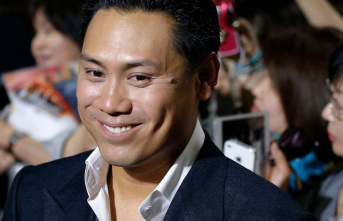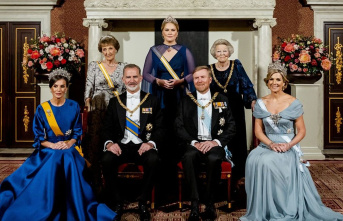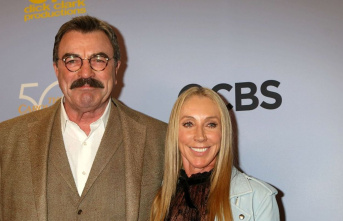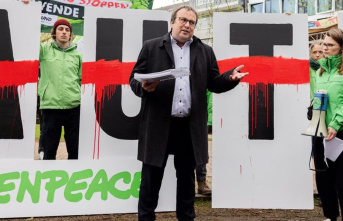FLAGSTAFF (AZ) - Sasha Krause was taken from northwestern New Mexico Mennonite community where she worked as a publishing minister, won in ping pong and card games, and where her poetry evolved into song.
Nobody saw the woman, who had a passive and quiet demeanor, was shot in the back of her head in northern Arizona. Her wrists were bound with duct tape, and she was left in bitter cold amongst the pine needles.
Ammon Barker, the prosecutor, claimed that Mark Gooch was a U.S. Air Force pilot stationed in Phoenix, using cellphone data, receipts and financial records. Barker stated that Gooch was motivated by a resentment of the faith he grew to hate in Wisconsin.
Barker stated that jurors could see the evidence through common sense, reason, and experience to determine whether this defendant is guilty.
Bruce Griffen, Gooch's lawyer, stated that there was no reason to believe Krause was killed by Gooch. He cited a lack of forensic proof, another car in the Mennonite Community and divergent opinions from ballistics specialists about whether Krause was shot with a.22 caliber rifle Gooch owned.
Griffen stated, "Wrong gun. Wrong bullet. Wrong car." Griffen said, "How does it all add up?" Wrong guy. The objective evidence that supports reasonable doubt is what you have to face. You can't ignore reasonable doubt."
The jury of 12 members did not reach a decision immediately Friday, but will resume deliberations Wednesday.
Gooch could spend life in prison if he is convicted of Krause's murder and kidnapping. A frantic search began after her disappearance on January 18, 2020. One camper found Krause while gathering firewood near Sunset Crater Volcano National Monument. He was wearing the same clothes Krause was wearing when she disappeared: a gray dress, white coat, and hiking shoes.
It is not known if Krause and Gooch were friends or fought. Their families belong to a conservative Mennonites group that dresses modestly, refuses most forms of technology and practices nonviolence and resistance. Gooch was not formally a member of the church.
Both their parents were present at the trial. Krause's mother looked at Barker and smiled as Barker showed photos of Krause to the jury during closing arguments. Gooch's parents had emotional talks with their son's lawyer.
Krause, 27, was a teacher in Texas. Her family lives there still. She then moved to Farmington Mennonite Community where "Lamp + Light" is carved in white rocks along the side of a mesa. Krause was employed in the publishing ministry with that name. Farmington was home to one of Krause's sisters.
Krause was collecting items for Sunday school when her disappearance occurred.
22-year-old Gooch told a detective by the sheriff that he was in Farmington to verify the time for church service. He had missed the fellowship of Mennonites. Barker stated that Gooch's estimates of how long he spent on his trip were inconsistent with surveillance video, financial records, and cellphone data.
Barker said that Gooch did not just pass by the church, as Barker claimed. He spent more time near the church than three hours and then detoured off the interstate to spend two hours in the vicinity where Krause's corpse was discovered. Barker stated that Gooch later deleted his location history and bought bleach. Barker also suggested that Gooch ask a friend to store his rifle.
Prosecutors claimed that Gooch's phone was one of the few devices that could communicate with Krause's towers before Krause's signal lost west of Farmington. Barker showed text messages between Gooch's brothers and Barker that Barker said indicated Gooch's disdain for Mennonites.
"Sasha Krause, according to all the evidence, was a light. She was a light for her family, her community and the world. Barker stated. Barker said.
Jurors were told by Griffen that Gooch cooperated with a detective out of his own free will and was nonviolent. He claimed that cellphone data was scientifically weak and could not be used to identify specific activities. He stated that two recent text message exchanges in which Mennonites were mentioned did not indicate Gooch was guilty of murder.
Griffen asked jurors if someone trying to covertly accomplish a mission would use a cellphone or credit card that leaves tracks.
Griffen stated, "He doesn’t do any of these things, and he doesn’t try to avoid them.” It's inconsistent with the suggestion by the state that he is the man.











